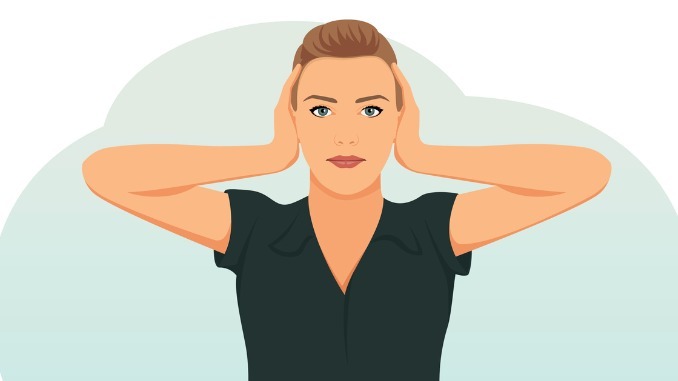
Navigating a noisy office environment can be challenging, but implementing effective strategies can help maintain productivity and reduce stress
CREDIT: This is an edited version of an article that originally appeared on Business News Daily
A Workplace Acoustics study commissioned by Interface reveals that 62 percent of office workers in the U.S., U.K., and Australia consider reducing distractions in the workplace essential for effective business operations.
A noisy office can lead to reduced productivity and increased workplace stress. However, implementing a few simple strategies can help you maintain your focus and efficiency, regardless of the noise level around you.
White noise
For workers who are easily distracted, white noise or soft music played through headphones can be highly effective in maintaining focus. These auditory tools help mask background noise, creating a more controlled sound environment that enhances concentration. Research has shown that certain types of music can stimulate the brain, making it easier to focus on tasks. For example, instrumental music or nature sounds can improve cognitive performance by reducing stress and creating a steady rhythm that aids concentration.
Create quiet zones
In open-office layouts, the constant presence of conversations and personal phone calls can make it difficult to focus. To combat this, it’s essential to establish a designated area for tackling intensive projects that require deep concentration. This space should be quiet and free from interruptions, allowing you to work with minimal distractions. Consider creating a dedicated “focus zone” within your workspace.
Instigate quiet times
Throughout the day, the office environment may fluctuate between quieter and noisier periods. To maximise productivity, align your tasks with the office’s noise levels. Schedule strategic planning and deep-thinking projects for the quieter times when you can focus without interruption. During noisier periods, shift your attention to less demanding tasks that require less concentration, such as responding to emails.
Get used to distractions
Though it may seem counterintuitive, exposure to loud noises can sometimes be beneficial for productivity. Our brains are often accustomed to quieter environments, which makes loud noises more disruptive. Gradually acclimating yourself to these background sounds can help your body adjust and diminish their impact over time. This approach might eventually make auditory distractions less noticeable and less bothersome.
Set the culture
Leaders within an organisation play a crucial role in shaping departmental culture, including managing noise levels. Managers should establish clear expectations regarding unnecessary noise and address this issue proactively. Initiating conversations about noise levels and encouraging open discussion during staff meetings can help create a more focused and productive work environment.



Be the first to comment